From "Brother, Hello" and "Mom! "The End of the Sea is the Prairie", "There is Her in the World" and other movies that focus on the family field are released together, and TV dramas such as "Big Exam", "The World", and "Youth Pie 2" have sparked public discussion on the topic of family affection. In recent years There is a warm family power surging on the screen.
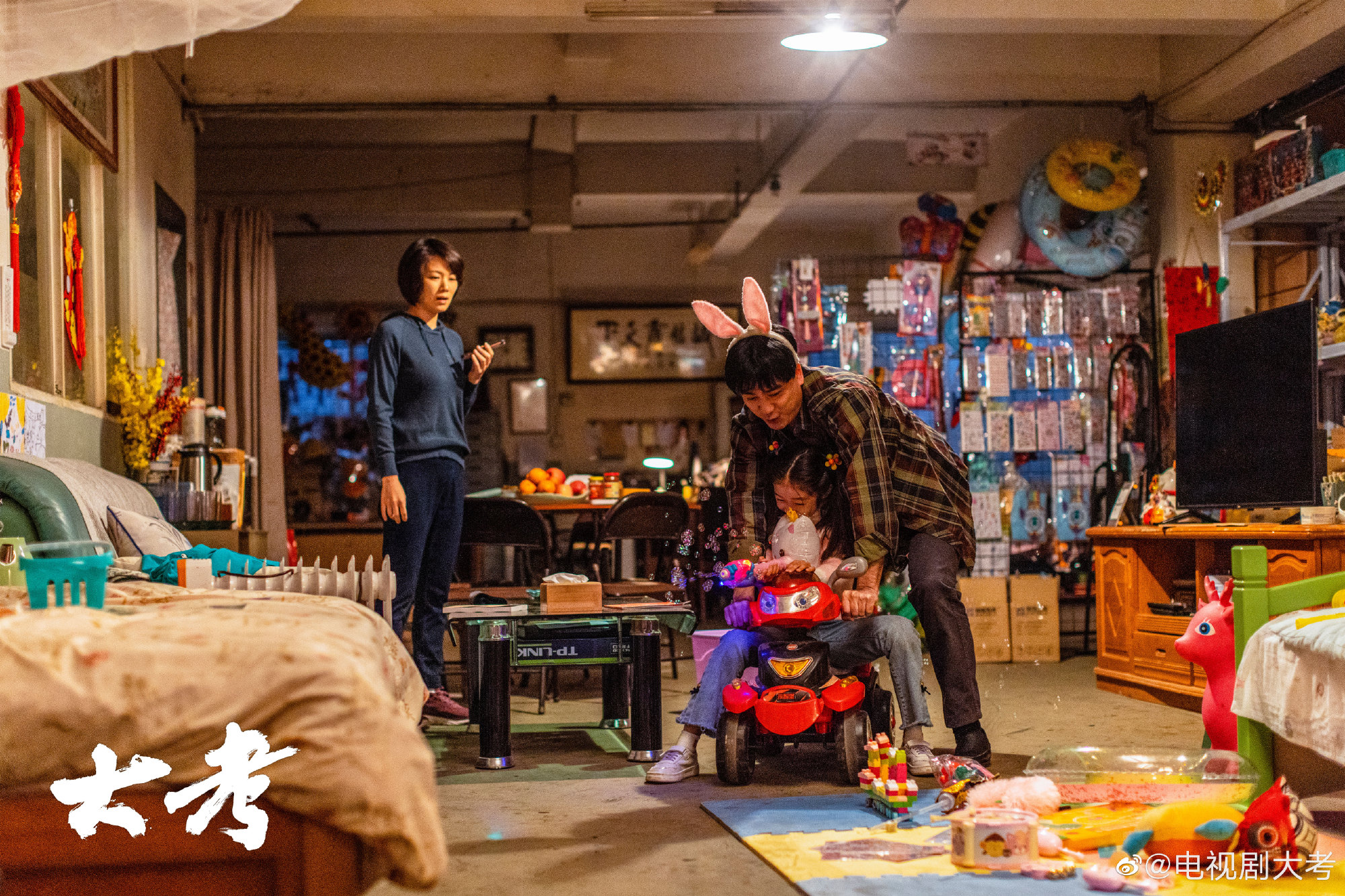
"Big Exam" stills
The report of the 20th National Congress of the Communist Party of China proposed to launch more excellent works to enhance the spiritual power of the people. And family love has always been an important source of spiritual strength for the majority of people, and family love stories have always been an important theme for Chinese film and television drama creation. On the one hand, family affection is the cohesion of the traditional virtues of the Chinese nation, shining with the moving colors of truth, goodness and beauty; on the other hand, family affection is the most authentic life experience of everyone. As a visual and popular form of literature and art, the interpretation of family affection in film and television dramas can easily reach the hearts of the audience and arouse people's emotional resonance. In recent years, family stories that have emerged in film and television creation are often warm, bright, inspirational and meaningful, which can not only soothe people's hearts, but also inspire thinking and arouse the motivation to move forward.
Emotional narrative around family and country feelings and human relations
"Those who touch people's hearts should not be touched first." The family is a warm place where family relationships grow, condense, and meet. It is filled with the love of human relationships that stick to each other and stick to each other. It is also an artistic object that film and television drama creators focus on. The family relationship described in the movie is relatively simple, and it is more embedded in the dramatic plot of the situation. "Mother! " and other films show a deep mother-daughter relationship, "My Sister" shows a simple sibling relationship, and "Take My Brother Away" shows a lively sibling relationship. The expressions of family affection in TV series, such as "Children of Qiao's Family", "The World", "Everything Is Good", "Happy Family", etc., are often intertwined with the fate of different characters because of the intricate relationship between family members. Brotherly love, brother-sister love, husband-wife love, father-son love, mother-son love and other emotions linger in the loop, and are more integrated into the tide of the times, bit by bit infiltrating people's hearts.
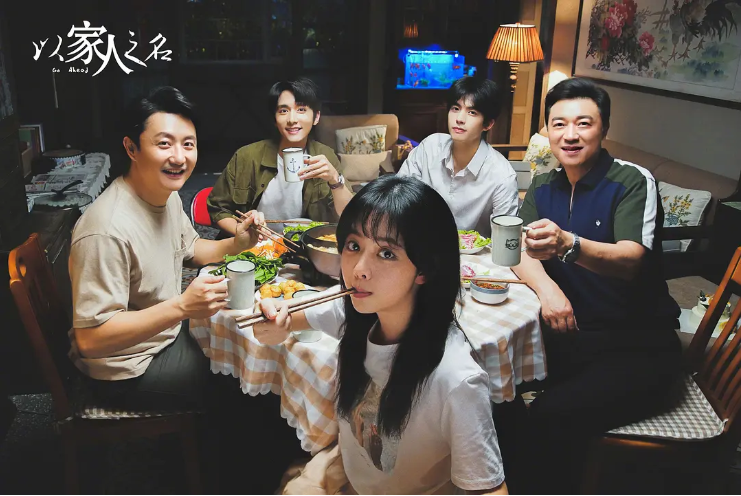
"In the Name of Family" stills
Affection is not necessarily confined to family members who are related by blood. Many film and television dramas choose non-blood-related families as their performance objects. For example, the TV series "In the Name of Family" tells the story of three siblings who reorganize their families and become new family members who are connected by blood in the process of living together. This kind of affection even makes their blood relatives who are blood-related but relatively indifferent; Mo Sanmei adopted the orphan Xiaowen by accident. During the run-in process of "matching opponents", they not only developed deep feelings, but also the "father" found the motivation to move forward in life from the "daughter". The creators use similar stories to express that the love of human relations is not only based on natural blood relations, but can generally exist in simple and harmonious social relations.
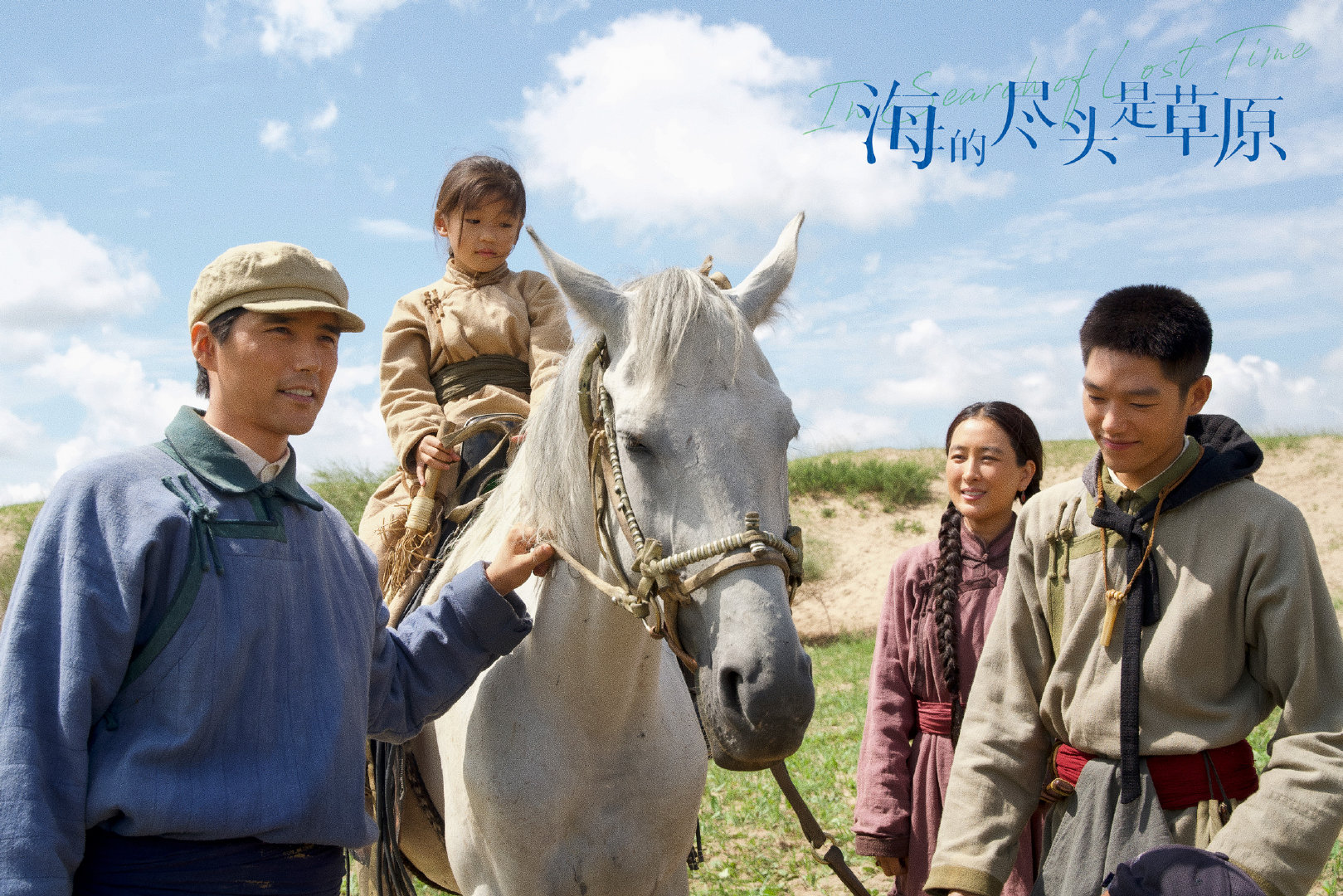
"The End of the Sea is the Grassland" stills
Taking this expression a step further is the recently released film "The End of the Sea is a Prairie". The film is based on the real historical event of "Three Thousand Orphans Entering Inner Mongolia" as the creative background, and extends the family affection that bridges the bridge of national feelings across the mountains and rivers to the touching human love. The superficial structure of the film is the progression of the Du family’s brother and sister’s missing, searching, and recognizing relatives. The blood relationship between the brothers and sisters will never fade in the passage of time; while the deep structure is the gradual development of the family relationship in the Mongolian family who adopted the younger sister. Bloom, Du Siheng's new home on the prairie is a microcosm of the 3,000 families who adopted orphans. Only a big socialist family can produce such a family story, and the film also completes the image interpretation of the relationship between the country and the country. From the family to the society, from the individual to the collective, from the small family to the country, the emotional narrative of the current family-themed film and television dramas has broadened people's traditional cognition of family love. In fact, the various family relationships of different families are not only rooted in the deep soil of Chinese civilization, but also reflect the bright light of the core socialist values.
Real-life stories that inspire thinking and heal the soul
The spirit of realism is the basis for the creation of family-themed film and television dramas in recent years. Down to earth, there must be echoes. These works cut into the fiery life from different perspectives, and finally converge into an asymptote that is constantly striving to reach reality. The family love story in the video is like a mirror, from which people can not only see their own life experience and mental journey, but also feel the understanding of family love and thinking of reality by literary and artistic creators.
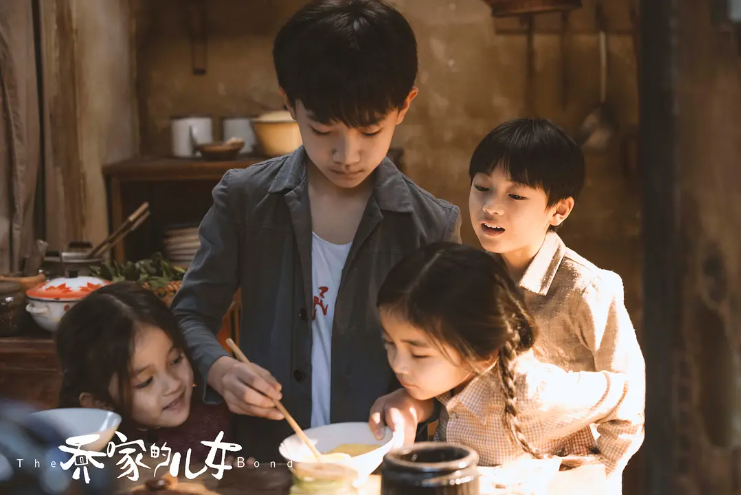
Stills of "Children of Qiao's Family"
In the process of developing the plots of different works, the creators are accustomed to refining the family interaction patterns that are common in people's daily life. For example, the selfless dedication type is typical, such as the mother Li Huanying in "Hello, Li Huanying", who is tolerant of everything about her daughter, and Zhou Bingkun, the third child in "The World", who cares about the people around her silently; Brothers and sisters support each other and progress together on the road of life; for example, the mutual healing type, Mo Sanmei and orphan Xiaowen, who are alone in "Life Events", comfort each other in their common life, "Mom! In "Mozart in Outer Space", the 85-year-old mother and 65-year-old daughter support each other and face the process of "aging" together; of course, there are also confrontational conflicts. In "Mozart in Outer Space", the father ignores his son's desire to explore the universe and wants to put him Train to be a pianist, etc.
The expression of family love does not mean that thousands of people are one-sided. Many works amplify the interaction between relatives in specific plots, which can not only make the plot full of dramatic tension, but also point to different realistic themes, providing the audience with a window to observe the society. For example, the TV series "Little Shede" reveals the topic of parent-child education under family affection through the description of the process of "Little Shepherd" in several different families; similar in purpose, the film "Mozart in Outer Space" also chooses music or astronomy. In the conflict between father and son, it is revealed that free development should be a healthy educational philosophy. Many film and television dramas focus on pension issues, such as the film "Mom! "breaks through the traditional space-time proposition of "children want to support but parents don't wait", showing the elderly mother and daughter's mutual protection in the predicament of her daughter suffering from Alzheimer's disease. In addition, the topic of intergenerational conflict appeared in works such as "Fantastic Dad" and "All About My Mom", leading audiences of different ages to think together about the challenges faced by these families in the story.
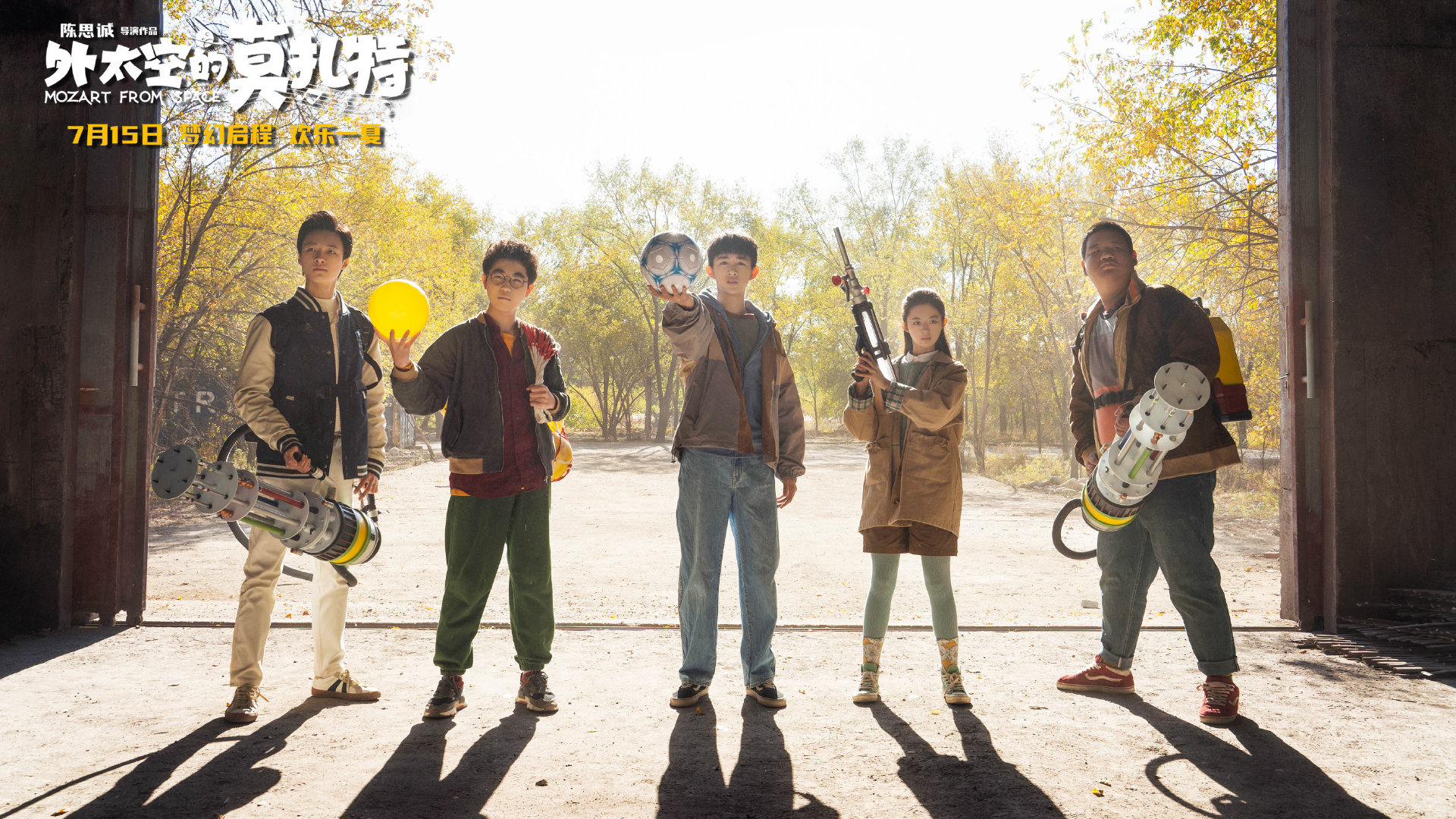
"Mozart in Outer Space" stills
What deserves recognition is the attitude of the creators to face reality: they do not shy away from problems, embrace life with a beautiful vision and unparalleled enthusiasm, and find the answer to life. For example, in "Mozart in Outer Space", Ren Dawang finally understood the dreams and pursuits of his son Ren Xiaotian; in "The World", the Zhou family made unremitting efforts to achieve their own goals in life, and finally came to the rescue; in "Little Shede", the parents and children kept communicating, Growing together. No matter what kind of setbacks are encountered, the family relationship that fits the heart can make people stand together through thick and thin and tide over the difficulties together. These contents give the works a bright color and have a positive spiritual healing effect on audiences who face various pressures in real life.
A creative vision that has access to the world and life
There is a strong human relationship in the family love writing of film and television dramas. The story of love never has a constant creative boundary, with infinitely rich content and full of possibilities. This is a creative overpass that connects the world and life. On the one hand, most family-themed film and television dramas do not need to win with audio-visual spectacles, or to be outstanding with editing skills, but usually attract people with narrative strategies that vary from person to person. There are some time-travel designs. For example, "Hello, Li Huanying" allows her daughter to travel back to the age of working and living as a young mother to meet her, and "Hello, Brother" allows Xiao Wu to travel back to the 1980s to match the love that his parents almost missed; fantasy design For example, a birthday wish in "Take My Brother Away" turns his brother into his best friend's brother. In "Mozart in Outer Space", the alien Mozart broke into Ren Xiaotian's life and helped him complete his reconciliation with his father. These imaginations beyond real life are mostly imitations of genre film elements or bridges. Their main function is to create a relaxed comedy atmosphere in the film, and then combine with family affection to let the audience get the look and feel of "laughing with tears" .
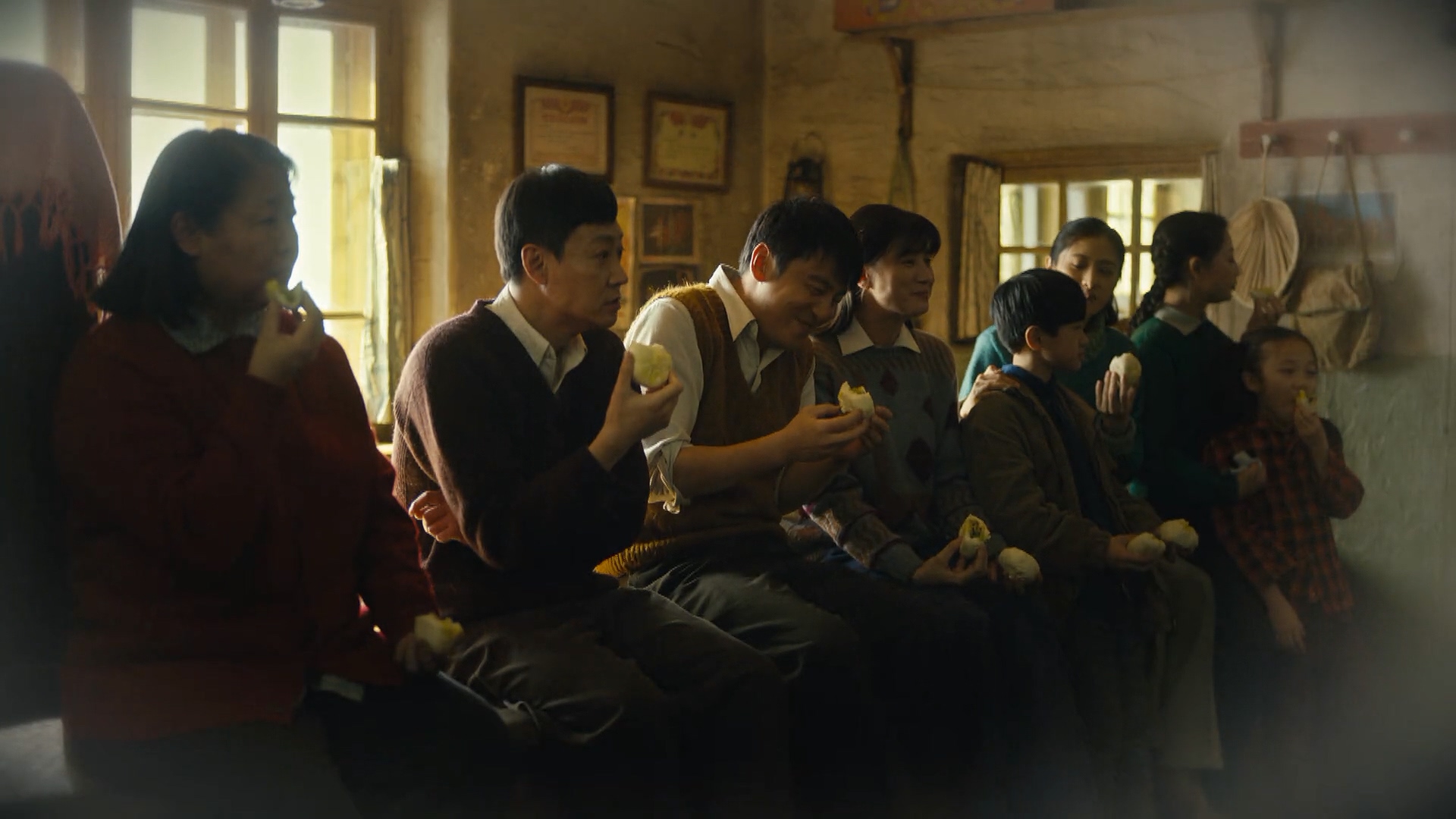
"The World" stills
On the other hand, excellent works will also fully explore the social significance of family stories and extend them to a broad history and real time and space. Especially two TV dramas with strong sense of age, such as "The World" and "Children of Qiao's Family", are typical examples. Both dramas take the rolling tide of the times as the vertical narrative line, and focus on the relationship between parents and children, brothers and sisters, and escape from the side. The plot branches of the novel are horizontal narrative lines, family and society, history and reality, interweaving and advancing step by step. They not only have an open space-time pattern, tell the youthful memories of generations, and show the original intention of not forgetting the past and the road; they also have a dense plot of people and people, and the warmth and true feelings of the world are often conveyed through warm image details. In this way, the expression of family affection will not be limited to the shortness of the parents, but will move from a small family to everyone, and be sublimated into a deeper and more charismatic emotion of the times.
In the current creative pattern of Chinese film and television dramas, a large number of family writings have produced positive social significance and ideological value. It exists not only in film and television works with family as the main focus, but also in other themes such as military themes, rural themes, industrial themes, science fiction and other film and television works. Family writing embodies the idea that literature and art serve the people, and it is bound to be loved by the people. However, we must also face up to the existence of some problems. For example, there is still a large gap between the creation level of phenomenal film and television dramas and ordinary film and television dramas. There is a peak in family writing, but it has not yet formed a plateau; a small number of works have heavy remake marks, and producers still need to Invest in more creative subject consciousness; the comical color of game life in individual works is too strong, diluting the expression of sincere emotions. However, in general, the family writing of film and television dramas does not hide the shortcomings. This is a collective presentation of the artistic power of realism, and it will surely gain a broader space for development in the forward movement of resonating with reality at the same frequency and enhancing the spiritual strength of the people.
(The author is a professor and doctoral supervisor of the School of Journalism and Communication, Nanjing Normal University, and vice-chairman of the Nanjing Film and Television Association. This article was originally published in the 15th edition of Guangming Daily on October 26, 2022)
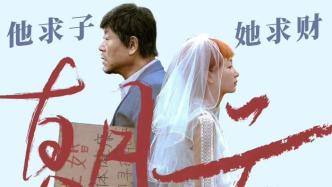
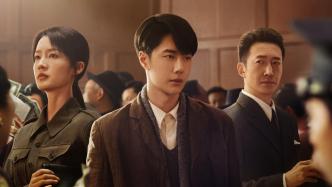

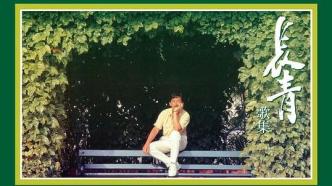
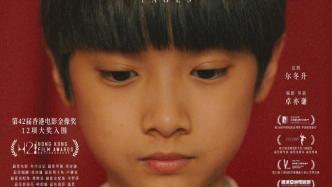
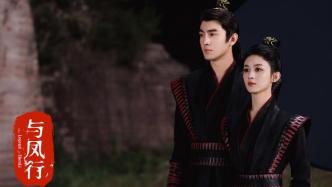




Comments